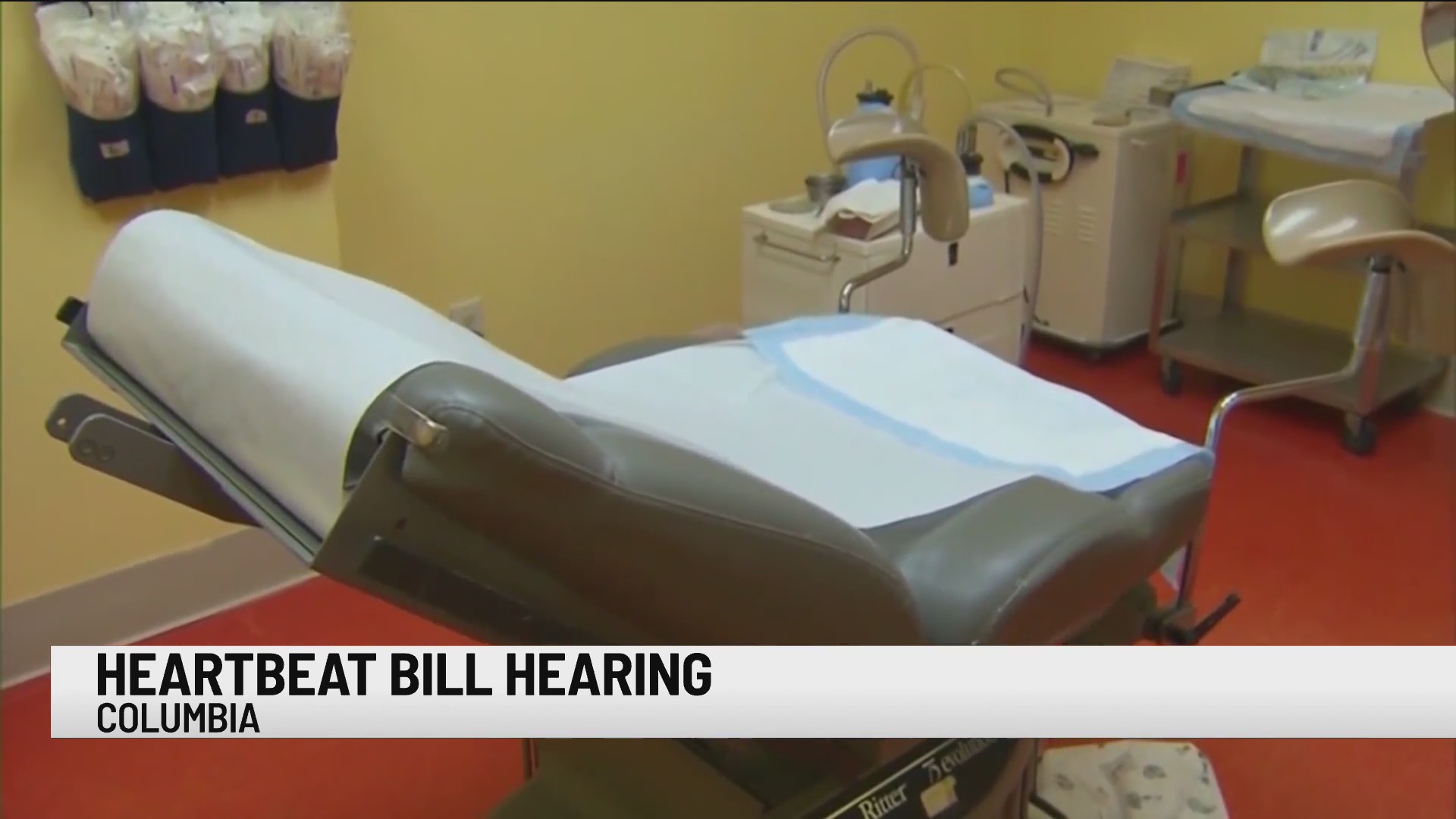Avaih MED's Fetal Doppler Technology and the Fetal Heartbeat Bill Debate

Avaih MED, a manufacturer of medical devices, has introduced a new Fetal Doppler technology that has the potential to impact the ongoing debate surrounding fetal heartbeat bills in the United States. Fetal heartbeat bills propose to make abortions illegal as soon as the fetal heartbeat can be detected, which can occur as early as six to seven weeks into the pregnancy.
The introduction of Avaih MED's Fetal Doppler technology, which can detect fetal heartbeats as early as 12 weeks into the pregnancy, may lend support to proponents of fetal heartbeat bills who argue that a fetus is a person as soon as it has a heartbeat. However, the technology may also raise concerns among opponents of fetal heartbeat bills, who argue that such legislation effectively bans abortion before many women even realize they are pregnant.
Established in 2016, Avaih MED is an industry-leading manufacturer that specializes in the research, development, and production of high-end medical devices. Its products cover a range of medical fields, from oxygen concentrators to electric toothbrushes, and now include the new Fetal Doppler technology.
The Fetal Doppler technology works by emitting high-frequency sound waves that bounce off the fetal heartbeat and are then detected by the device. This allows doctors or expectant mothers to listen to the fetal heartbeat and monitor its rate and rhythm throughout the pregnancy.
While Fetal Doppler technology has been around for several years, Avaih MED's new technology offers several advantages. First, it is more portable and user-friendly than previous Doppler devices, allowing expectant mothers to monitor the fetal heartbeat at home without the need for frequent doctor visits. Second, it has a high level of accuracy and sensitivity, meaning that it can detect fetal heartbeats even in early stages of pregnancy where previous Doppler devices may have failed.
These advantages make the new Fetal Doppler technology an appealing option for expectant mothers, particularly those who have experienced difficulties with past pregnancies or who may want early detection of potential fetal abnormalities. However, the use of Fetal Doppler technology raises questions about the accessibility and affordability of prenatal care, particularly for low-income women who may not have access to advanced medical technology.
Furthermore, the introduction of Fetal Doppler technology may also impact the ongoing debate over fetal heartbeat bills. Proponents of the legislation argue that a fetal heartbeat represents the beginning of life and that abortion after this point is tantamount to murder. However, opponents of fetal heartbeat bills argue that such legislation is a violation of women's reproductive rights and effectively bans abortion before many women even realize they are pregnant.
The use of Fetal Doppler technology may provide a new level of insight into this debate. By allowing expectant mothers to listen to the fetal heartbeat before the point at which fetal heartbeat bills would make abortion illegal, the technology may highlight the humanity of the fetus and lend support to proponents of the legislation. On the other hand, the technology may also highlight the arbitrary nature of fetal heartbeat bills, which are based on a specific biological marker rather than other factors, such as fetal viability.
Ultimately, the introduction of Avaih MED's Fetal Doppler technology raises important questions about the accessibility and affordability of prenatal care, as well as the ongoing debate surrounding fetal heartbeat bills. While the technology may provide valuable insights into fetal development and the pregnancy experience, it is important to ensure that its use does not infringe on women's reproductive rights or restrict access to safe and legal abortion.